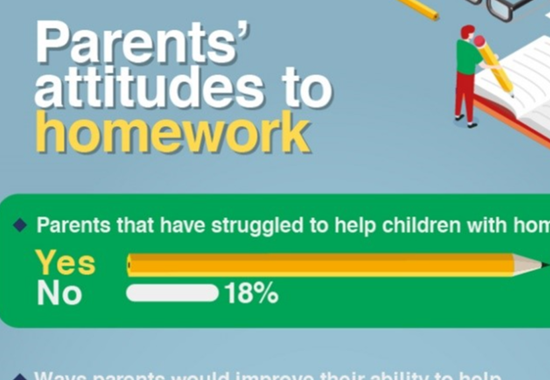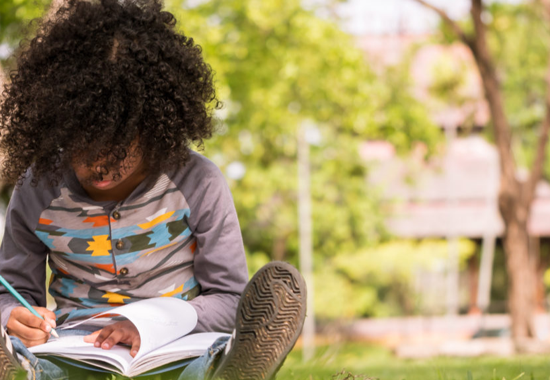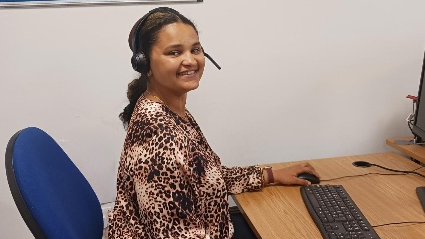Teaching children about the importance of saving money effectively
Education & Parenting 29k
Added by:
Shropshire Mums on Fri Mar 25 11:38 2022
- Start with the basics of money and finance
How you introduce money to your children will partly depend on their age. A good place to start is getting children comfortable handling cash and coins. Explain to them how money is used to buy things and that it must be earned before it can be spent.
- Speak openly about small financial decisions
Start getting your child involved with minor financial decisions, such as which brands and items to buy when shopping. This way your child is able to understand the decisions you make while also feeling in control of certain financial choices.
Older children could also help with budgeting while shopping if you ask them to keep a running total of the items you buy. Not only will this help their maths skills, but it can also help them to understand how small items can still add up in price and not everything is affordable on a budget.
- Try simple games with younger children
Creating easy monetary games such as counting pennies can help your child understand the value of different denominations of money. Try using a pile of 1p coins and asking your child to match the number of coins to the price of a higher value coin, such as 10p or 50p.
- Set a good example with your own finances
There are no two ways about it, children learn money habits from their parents. Showing them small activities, such as checking the receipt after your shop or putting money into savings can start developing positive habits from a young age.
Encourage your child to ask questions without repercussion in this setting. While you might not necessarily have all the answers, opening up a dialogue is a healthy way for your child to learn more about finance.

- Use pocket money as an incentive for small tasks
Using pocket money as an incentive to do chores around the house not only helps you, but it also helps your child learn more about the value of money and what it takes to earn it. Creating a simple plan with a set amount of money for different tasks, along with caps per week or month, is a great way to help your child start understanding where money comes from.
- Teach them that actions have consequences
With utility bills increasing, there’s no better time to teach children how a household works. Reminding them to turn off their TV or games console after use will not only save you money in the long run, but also teach them about bills and the impact on the environment. They will also learn about the importance of sustainability and saving the environment, too. You could even go further and show them what the numbers on your gas/electricity meters mean, to show them how energy bills are calculated.
- Use pocket money to teach children how to save
Alongside teaching children, the relationship between work and money, household chores and pocket money is also a great opportunity to show children how to save. If your child has shown interest in a more expensive purchase, you could set them up with an old-fashioned piggy bank where they can ‘deposit’ their earnings or create a chart for them to fill out so they can track how much money they have.
- Use trips to the shop to learn about saving vs. spending
Another practical way to teach a child about the benefits of saving is by visiting shops. Allow them full control of their own money on the understanding that if they don’t have enough, they won’t be able to borrow any more. The more they feel in control of their own finances, the more they will be able to make sensible decisions when it comes to spending or saving.
- Use digital tools with older children
There are a whole range of online tools for teaching older children about online banking and using cards for payments. One of the leading products on the market is GoHenry, which is suitable for those aged six and up, costs £2.99 a month and allows parents to set strict spending limits, monitor what their kids are buying and where they are spending their money.
- Teach older children about selling old toys for extra money
If you don’t want to give your child pocket money, teaching them about ways to earn money for themselves is a helpful alternative. When they’re old enough, you could ask your child to go through their old toys, books and clothes and set aside which ones they’d like to sell. You can then sell these on their behalf through online auction sites such as eBay or Facebook Marketplace. Not only is this a great way for your child to feel independent in earning their own money, it presents an opportunity to also discuss how to use the internet safely.
“Creating an environment where you can speak more openly with your children about financial decisions is key to them gaining an understanding of the value of money. Showing them how to make choices when shopping is a great way to help set up good habits and understanding of managing money.
“It’s important to make sure your lessons are age-appropriate and that you continue to involve and teach your children about money as they grow. A healthy relationship with finances starts at a young age, and children learn most of their habits from their parents.”
***Research Carried out by https://www.money.co.uk/savings-accounts.htm***



























